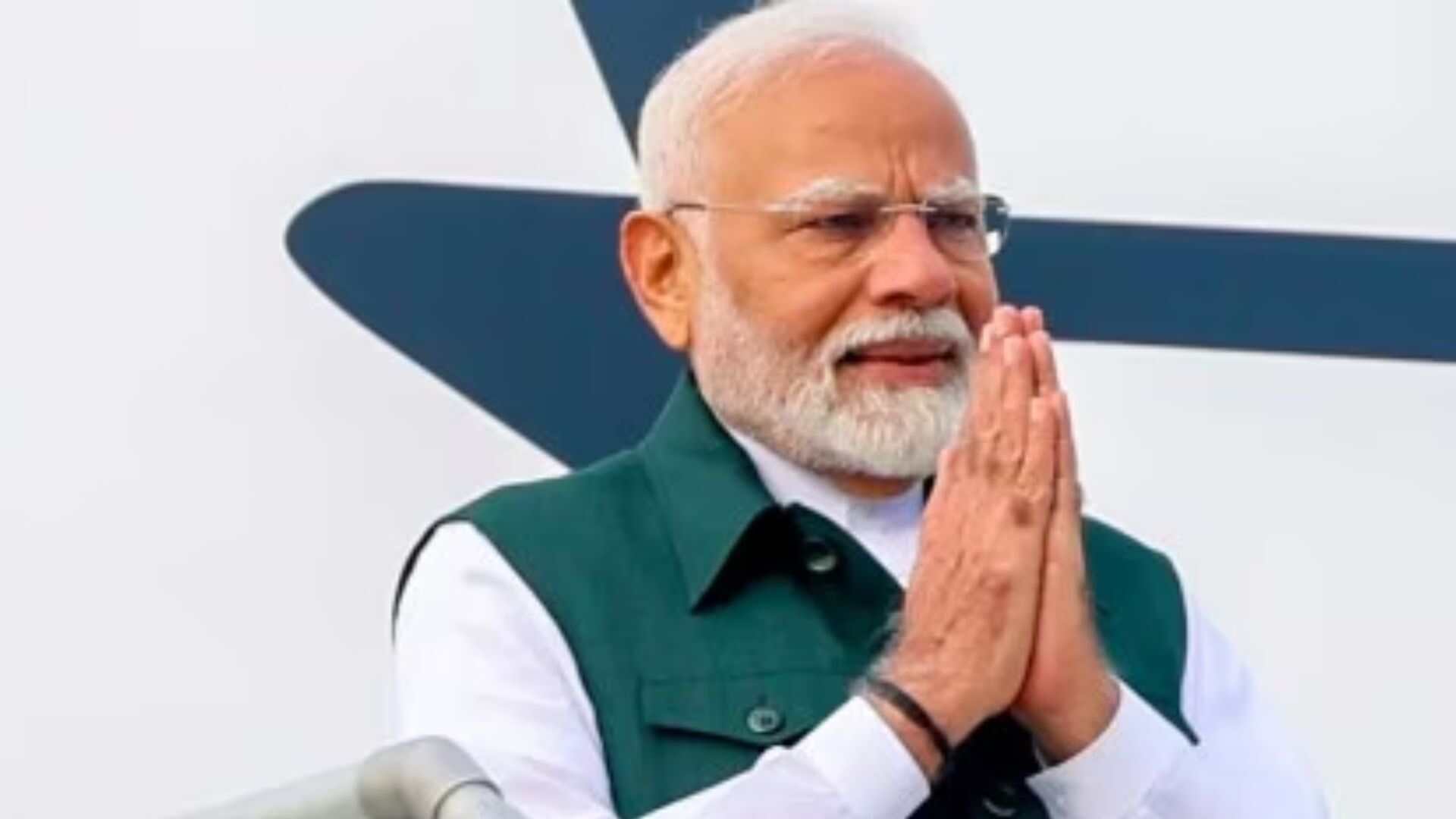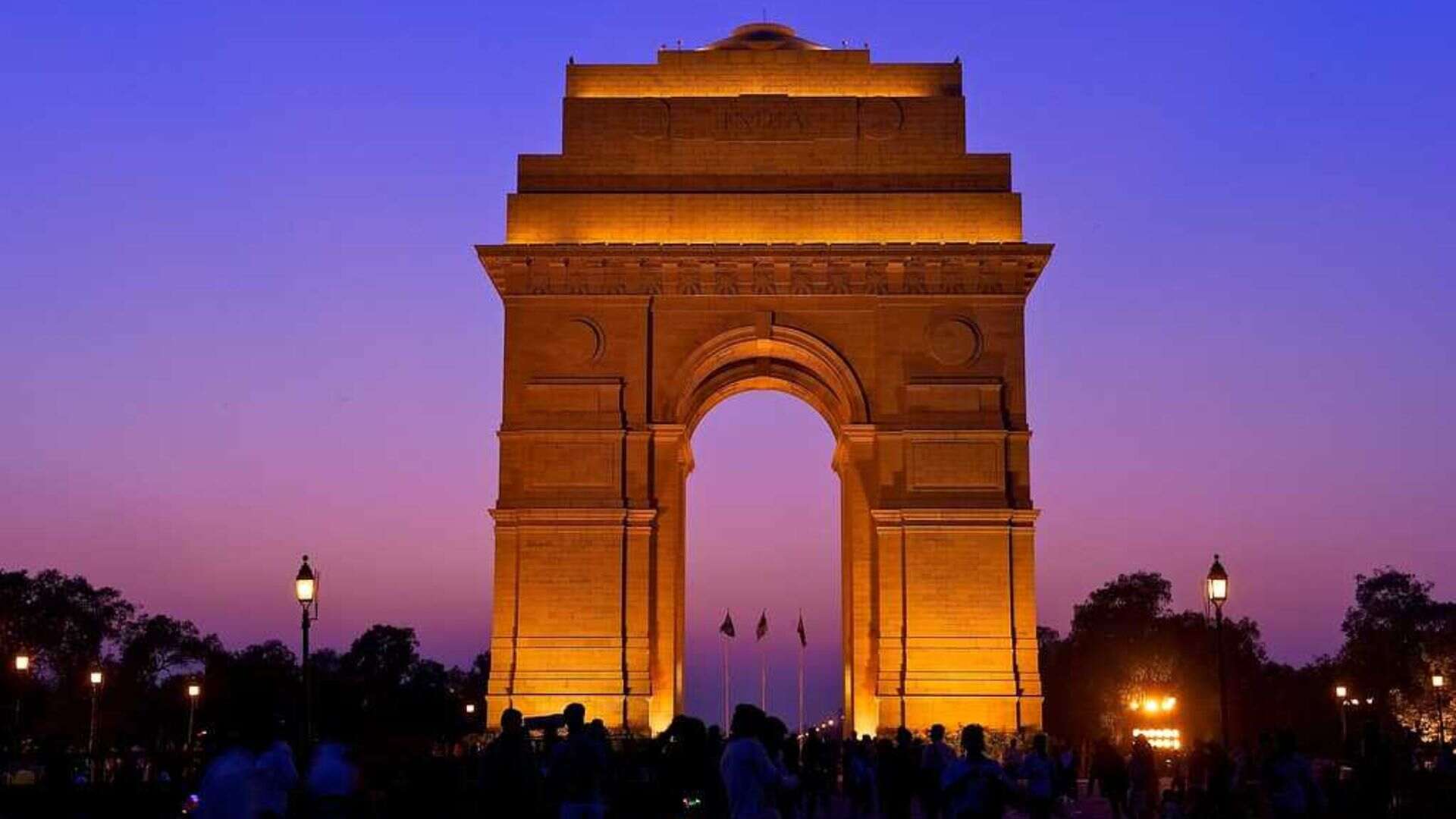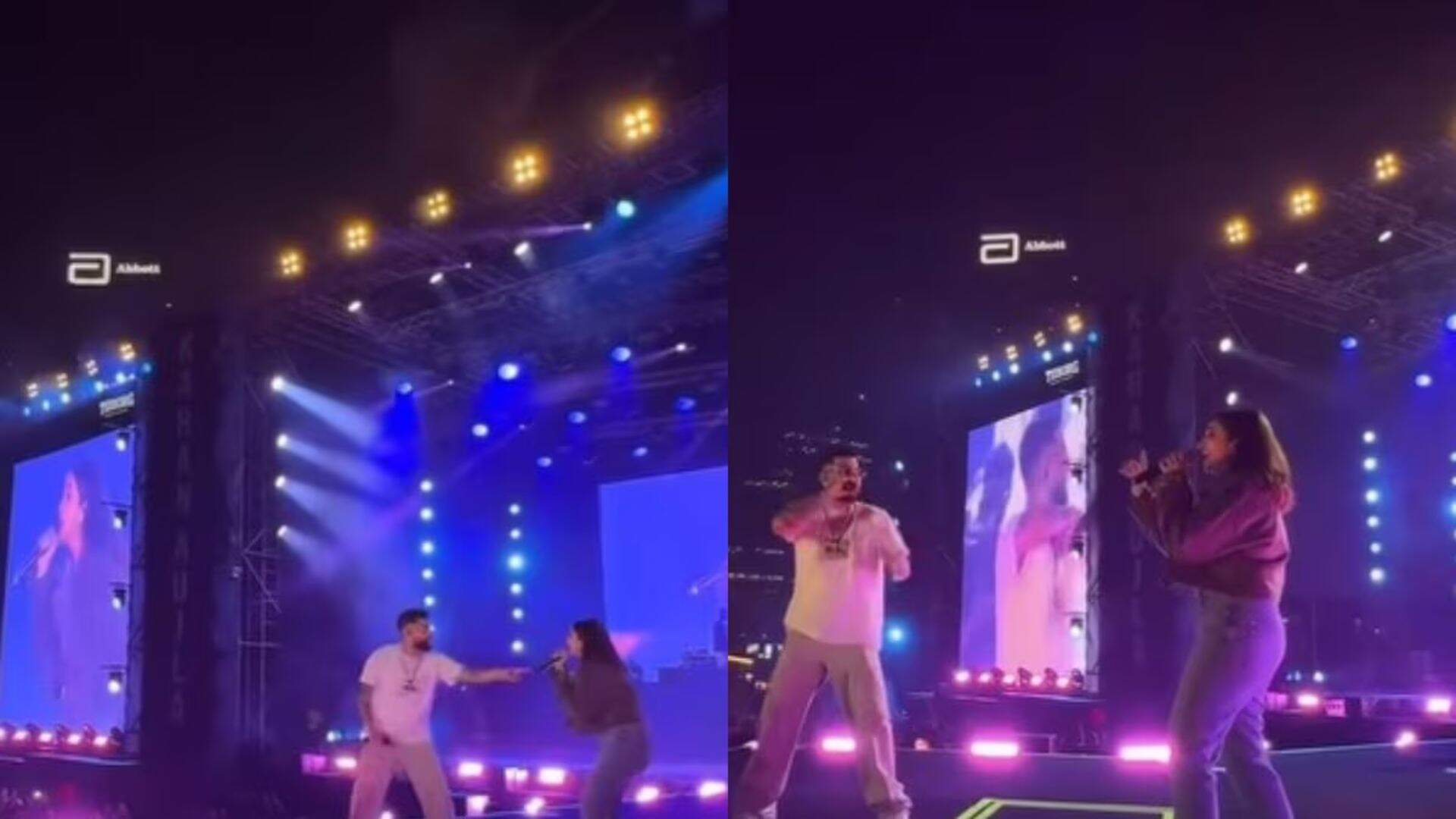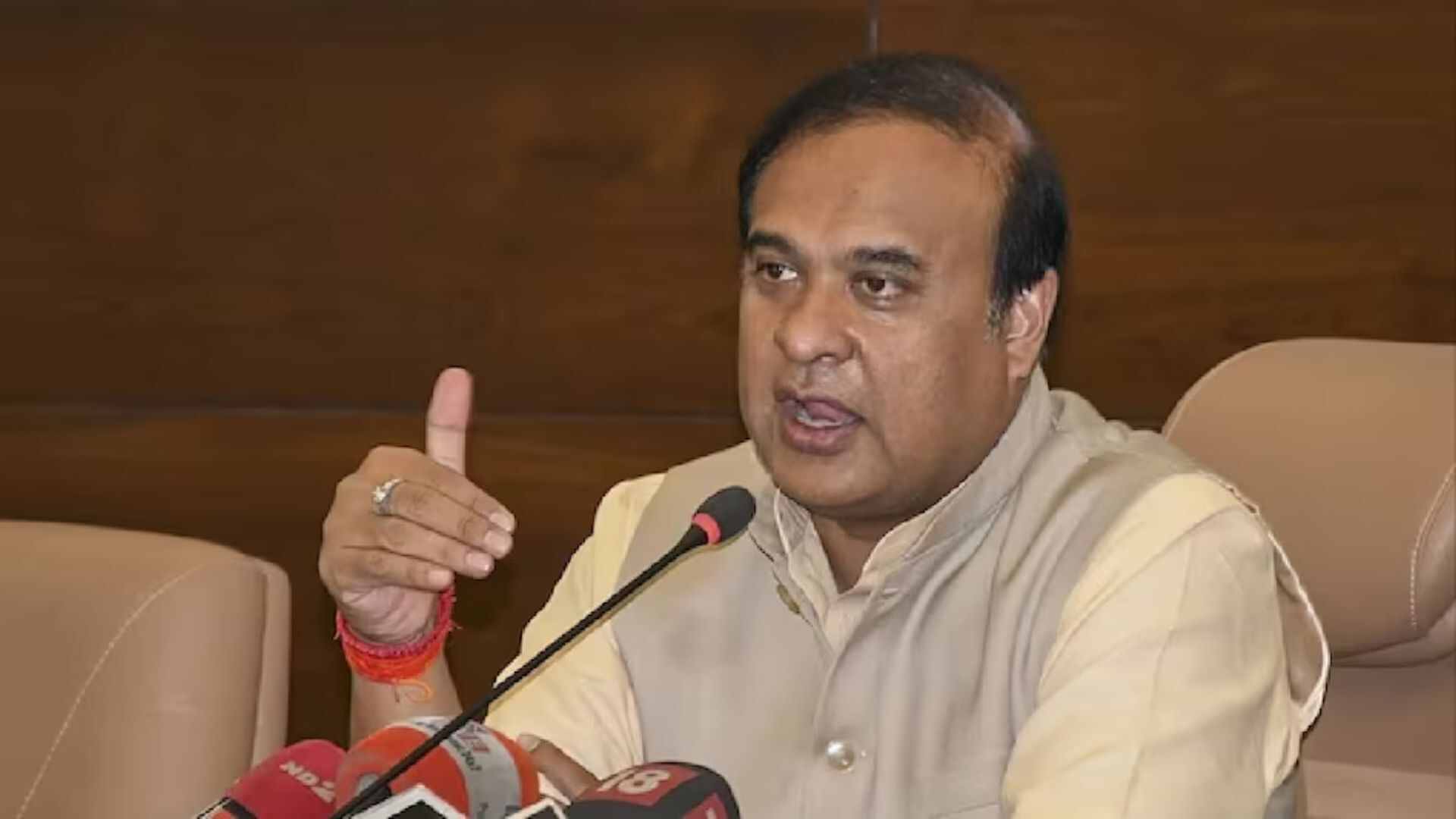The Bhartiya Janata Party (BJP)-led government, despite its reduced numbers in the 2024 Parliamentary elections, remains determined to deliver on its long-standing promises from the 2014 agenda, sources have indicated. Over its first two terms, the Modi administration delivered key pledges like constructing the Ram Temple in Ayodhya, abolishing Article 370 in Jammu and Kashmir, and implementing the Citizenship Amendment Act (CAA). Now, the focus is on fulfilling the “One Nation-One Election” promise.
The One Nation-One Election initiative aims to synchronize the timing of state assembly elections with parliamentary polls, something the ruling National Democratic Alliance (NDA) is committed to achieving in this term, sources reveal. Despite opposition from several parties and chief ministers, the BJP hopes to gain wider political support for the initiative.
Prime Minister Narendra Modi has consistently argued that simultaneous elections would save resources, ease administrative pressure, and reduce the frequency of elections, which often disrupt governance. The High-Level Committee led by former President Ram Nath Kovind supports this view, highlighting that frequent elections create uncertainty and impact policy decisions. The committee emphasizes that synchronized elections would not only improve policy consistency but also increase voter participation and reduce voter fatigue.
During his Independence Day speech from the Red Fort, PM Modi reiterated his call for electoral reforms, including the implementation of One Nation-One Election. He expressed concern about the frequent electoral cycle’s effect on development and welfare schemes, urging political parties to support the proposal.
Additionally, the long-delayed national Census is expected to resume, although sources suggest that no decision has been made about the inclusion of a caste-based column. Opposition parties, including Congress, RJD, and SP, have been pushing for a Caste Census, as has NDA partner Chirag Paswan. The Census, delayed due to the COVID-19 pandemic, is crucial for providing socio-economic and demographic data for policymaking.
This renewed push for electoral and census reforms underlines the BJP government’s continued focus on shaping long-term governance policies, even as it faces opposition and challenges in the current political landscape.







